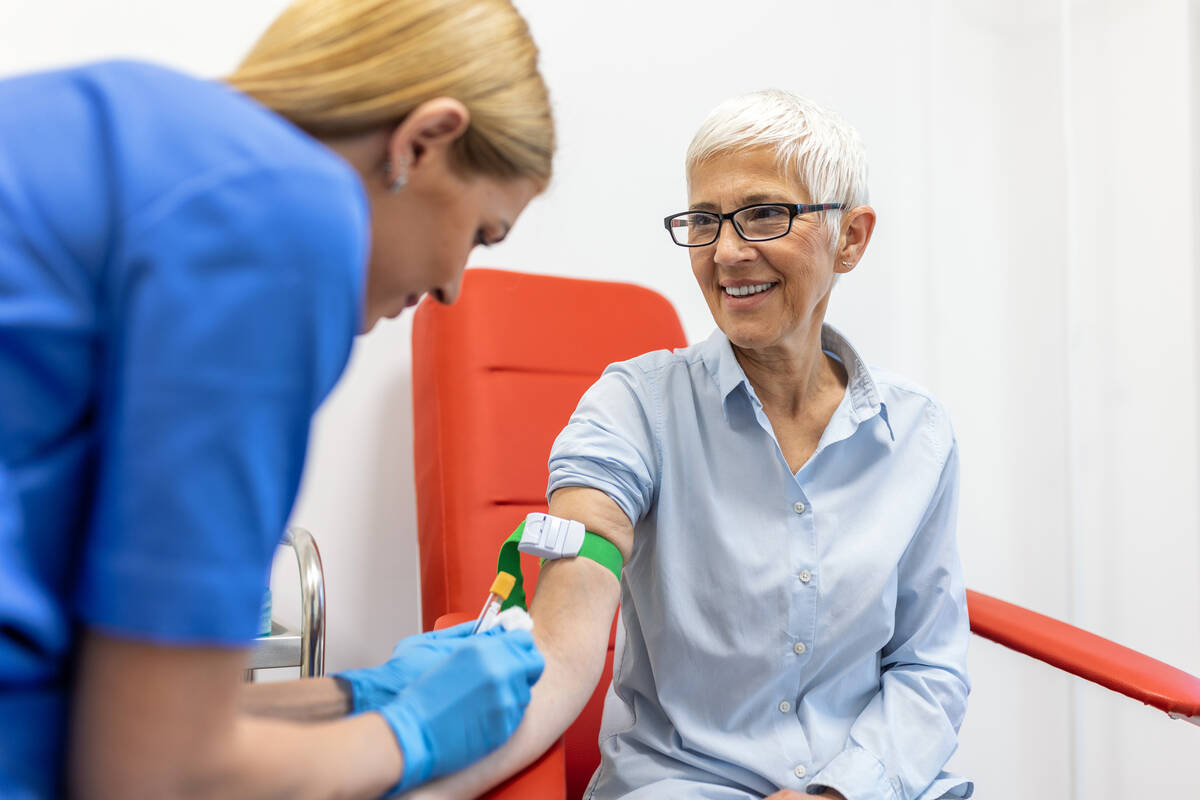What are the risk factors for kidney disease?
Dear Savvy Senior: What are the risk factors for kidney disease? My mother died from kidney failure a few years ago at age 75 but didn’t even know she had a problem until it was too late. — Inquiring Daughter
Dear Inquiring Daughter: Anyone who has diabetes, high blood pressure, heart problems or a family history of the disease is at increased risk for chronic kidney disease, a condition in which the kidneys can no longer effectively filter your blood.
According to the Centers for Disease Control and Prevention, around 37 million American adults have chronic kidney disease, and millions more are at risk of developing it, yet most people don’t realize it.
That’s because kidney disease develops slowly over many years before any symptoms arise. But left untreated, the disease can eventually require dialysis or a kidney transplant. Even mild kidney problems can double a person’s risk of heart attack and stroke, as well as cause anemia and bone disease.
The reason kidney disease has become so widespread today is because of the rise of obesity, Type 2 diabetes and high blood pressure, which all strain the kidneys.
Another factor is the increasing number of people who take multiple medications, which can overtax the organs. People over age 60 are especially vulnerable, because they tend to take more drugs and kidney function declines somewhat with age.
Get screened
Because kidney disease is often symptomless, it’s usually undiagnosed. But routine blood and urine tests can catch it before it advances. So, anyone who has diabetes, high blood pressure or heart disease, or is 60 or older, needs to be tested annually.
If your lab tests show a decline in kidney function for more than three months in a row, you might be diagnosed with kidney disease and referred to a nephrologist. While kidney damage cannot be reversed, there are a number of effective lifestyle steps and treatments to help contain the damage, including:
■ Control your blood pressure: If you have high blood pressure, get it under 130/80. If you need medication to do so, ACE inhibitors and ARBs are good choices because of their proven ability to protect the kidneys.
■ Control your diabetes: If you have diabetes, keep your blood sugar as close to normal as possible. Diabetes medications called SGLT-2 inhibitors have also shown to be effective in helping slow the progression of kidney disease, even in nondiabetic patients.
■ Adjust your diet: This usually means reducing the amount of protein and phosphorus you consume and cutting back on sodium, sugar and possibly potassium. Your doctor can help you determine an appropriate eating plan, or you may want to talk to a dietitian.
■ Watch your meds: Dozens of commonly used drugs can damage the kidneys, especially when taken in high doses over long periods — most notably NSAIDs such as ibuprofen and naproxen. Proton pump inhibitor medications taken for heartburn and GERDS, and herbal supplements can also be problematic. Talk to your doctor about all the prescription, over-the-counter and herbal products you take to identify potential problems and find alternatives.
■ Exercise and lose weight: If you’re overweight and inactive, start an aerobic fitness routine that gets your heart pumping. This will help lower blood pressure, control diabetes and help you lose excess weight — all of which will help your kidneys.
■ Stay hydrated: Dehydration can affect kidney function, so try to drink at least six to eight 8-ounce glasses of water per day.
■ Quit smoking: If you smoke, quit. Smoking damages the kidneys and doubles the rate of progression to end-stage renal failure.
Send your senior questions to: Savvy Senior, P.O. Box 5443, Norman, OK 73070, or visit SavvySenior.org.


















